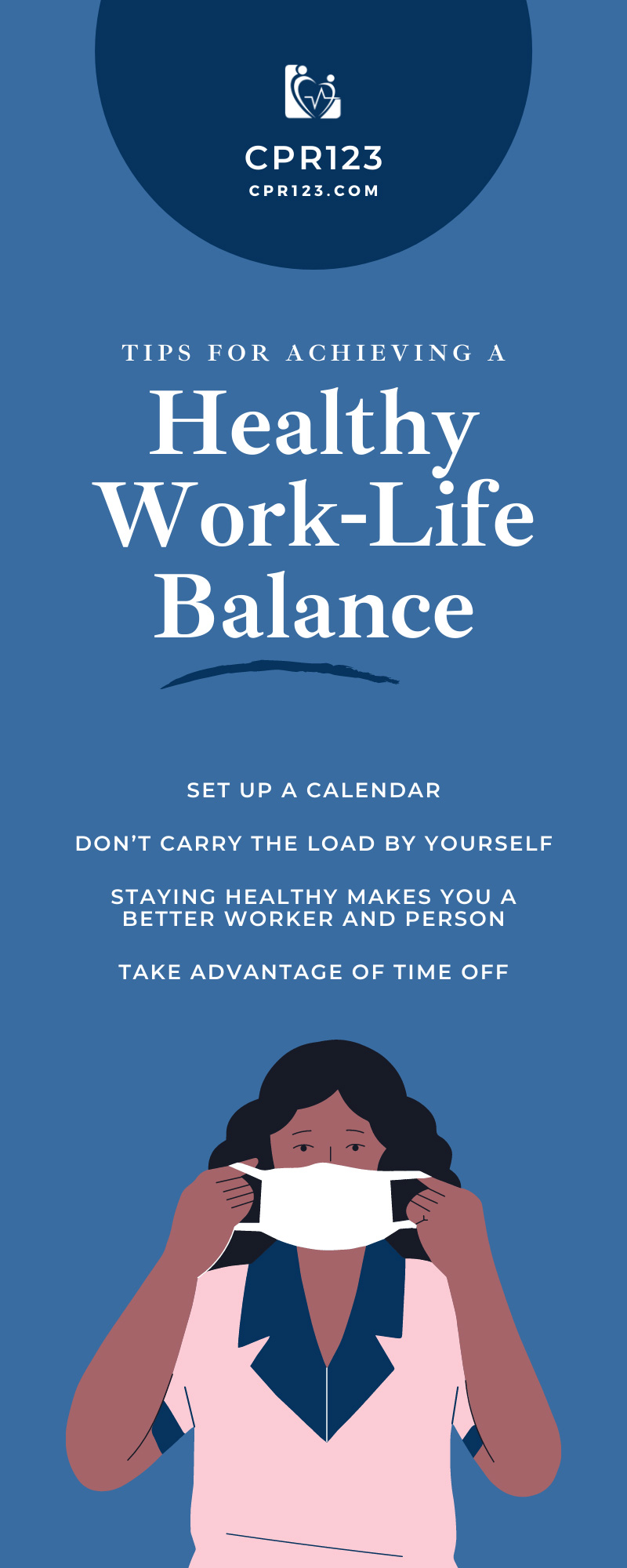If it feels like things are getting away from you in both your work-life and life-life, it’s time to stop and assess your next few steps. The reality is that we all live two lives, and sometimes they have a habit of slipping into, or even throwing off, each other. But while it’s not possible to get everything done simultaneously, everything can get done with proper time management. Here are a few tips for achieving a healthy work-life balance and getting both your lives back on track!
Stop Everything and Make a List
We’re all used to flying by the seats of our pants, making up solutions, and dealing with situations as we go along. But while it’s admirable to think on your feet and adjust your steps along the way, it’s better to preplan and prepare for any contingency. Stop, breathe, and sit down with a pen and paper or laptop and perform triage on what you need to do, when you need to do it, and levels of importance. List everything you need to do in the upcoming days, weeks, and months, both at home and work. Next, organize tasks according to their level of importance. What matters are life and death, which are necessary for maintenance, and which can wait for a quieter time? Don’t think of everything as a fire that you need to put out, only the actual fires. When you complete your list, you’ll have a better grip on your workload and household tasks.
Set Up a Calendar
After that, you should create a calendar. This should be a given, right? More than likely, you already have an online or paper calendar where you mark down notable events, like family gatherings, work meetings, and other scheduled events. Think bigger and smaller at the same time by using your calendar to allot time for all your projects and family matters, setting aside the exact time you need to accomplish them or meet obligations. A planned life is less stressful than a freeform one. Jot down when you plan to do things and set up reminders so that the future isn’t vast, unknowable, and stressful for you.
Keep the Lines of Communication Open, but Not Always
Modern communications technology—smartphones, email, texting, and more—has erased the lines between one’s home life and office life. But just because someone can reach us at any moment doesn’t mean we should allow it. And even when we have time to answer home or work communications, we tend to get distracted by replying to every message. Then, we look up and realize hours have passed and we have accomplished little. Set a time, usually the morning or post-lunch, to review your messages and answer them. Activate notifications alerting coworkers and family members about your availability. When it is time to review and answer texts and emails, spend no more than 15 or 20 minutes answering them. Learn to provide swift, concise answers so that you aren’t wasting time composing long responses.
Don’t Carry the Load by Yourself
We all understand the desire to look like a superhero but know your limits and remember that teamwork is the keyword in both family and work matters. If a project is coming up, see what responsibilities you can delegate to others versus taking on everything yourself. Breaking up duties is an effective way to get the job done and done better for all concerned. Rather than drudging through a project until midnight, everyone can work together to complete it quickly and cleanly and thus have more time for their own lives outside of work.
Say Yes, Unless You Can’t
Everyone likes to be agreeable and perceived as the person everyone can come to with anything. But saying yes to every request is a surefire way to feel unbalanced, if not entirely buried with excessive responsibilities. If you schedule yourself, you can leave a little time to say yes to things that suddenly come up in your home or work life. But even then, use that time wisely. If you agree to do everything, you may end up doing a lot of nothing because of exhaustion or overextending yourself. As a tip, you’ll look more like a miracle worker when you’re prepared to work miracles. Don’t promise the world if you can’t deliver it.
Staying Healthy Makes You a Better Worker and Person
Again, we understand, you feel strapped for time. But there are certain things you need to make time for in the day. Sleep, eating, staying hydrated, and getting exercise and fresh air are all essential. Our culture has created the idea that neglecting basic health considerations for the sake of work is somehow admirable, with certain individuals bragging about how little sleep they get or how many hours they worked past quitting time. Everyone has their limits, though, and without basic health maintenance, it’s a matter of when not if you’ll break down in exhaustion. Set aside time for exercise; about three hours a week. You can incorporate a bicycle commute, family walk, or the like. Back up your lifestyle with nutritious food and learn more about living healthily. Look after the health of those around you by learning CPR or participating in BLS certification courses. You can find these and other healthy lifestyle courses online!
Take Advantage of Time Off
One of our biggest tips for achieving a healthy work-life balance is remembering that time away from the office is just that. Vacation days and weekends let workers relax and recharge their batteries, socialize, and otherwise take care of their personal lives. Don’t think of that time as wasted time because it isn’t. Working 24/7 doesn’t make you a better employee; it makes you an exhausted and unproductive one. Use your weeknights, weekends, and paid time off (and sick days, should you need them to recuperate) to handle things at home so that you’re not thinking about them at work. And the reverse goes for the office. A well-balanced work and home life make a better individual all around!








